- Write by:
-
Saturday, July 9, 2022 - 12:48:20
-
760 Visit
-
Print
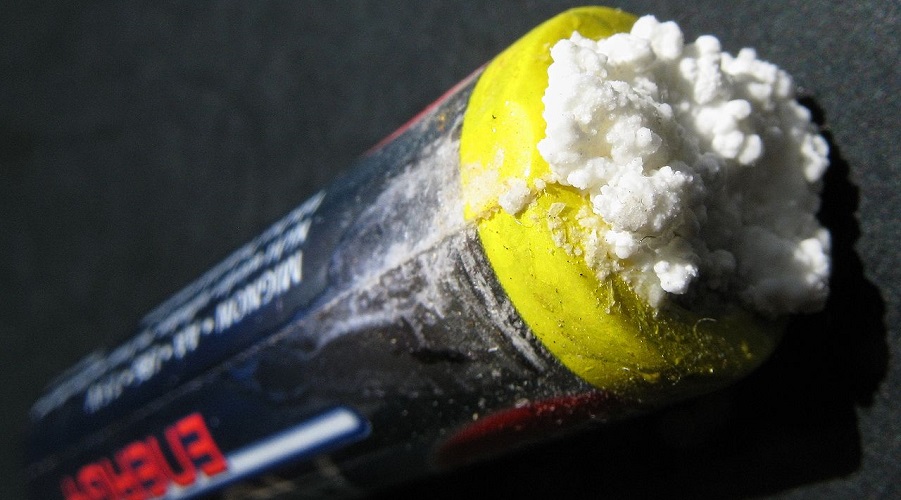
Mining News Pro - Researchers at Japan’s Ritsumeikan University are proposing the idea of a distributed recycling system that uses microwave heating for extracting metals from old alkaline batteries.
Distributed recycling systems involving small-scale recycling facilities offer a sustainable alternative to conventional recycling systems as they can greatly reduce the energy requirements for transportation and, thus, have the potential to increase recycling rates.
While this system is still in its infancy, many studies have explored its use in recycling plastics, photovoltaic waste, and wastewater, with particularly promising outcomes in distributed plastic recycling.
Given such outcomes, the Ritsumeikan researchers thought it may be possible to implement similar processes for spent alkaline batteries.
“The feasibility of decentralizing the recycling of e-waste needs to be analyzed, considering the different characteristics of each municipality,” said Shoki Kosai, a member of the research team and the first author of the paper that presents this proposal.
The study introduces a system that employs microwave irradiation, which offers selective, rapid heating and reduced energy consumption compared to furnace-based heating.
First, the researchers conducted an empirical study to explore the usability of this microwave-based technique in recycling spent alkaline batteries. Then, they conducted an analytical case study to examine the effectiveness of distributed recycling systems in 1,710 municipalities in Japan.
To test the effectiveness of the proposed recycling system, the scientists used energy consumption and greenhouse gas emissions as metrics.
The empirical analysis showed that microwave-based heating achieved a recovery rate of 97% of manganese oxide and zinc from the alkaline batteries. This recovery rate is 1.5 times higher than what’s obtained through conventional electric furnace-based heating while taking only half of the time.
The analytical study also revealed positive results, as the team noted that a balance between centralized and distributed recycling systems can reduce annual energy consumption and greenhouse gas emissions across Japan by 26,500 GJ and 1.54 Gg-CO2eq, respectively.
“Through the adoption of this system, areas where natural resources are not available will gain the opportunity to become suppliers of secondary resources,” Kosai said. “This system could also remedy the problem of metal recycling in developing countries.”
Short Link:
https://www.miningnews.ir/En/News/621717
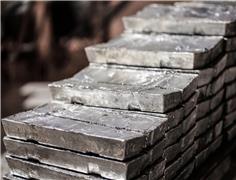
Zinc traded close to a one-year high as metals markets looked past delays to US monetary easing to focus on looming ...
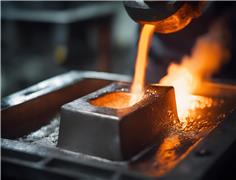
Copper jumped to its highest intraday price since January 2023 as the bellwether industrial metal faces rising tighter ...
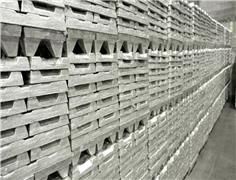
Canadian miner Teck Resources has agreed to pay Korea Zinc $165 per metric ton, a three-year low, to turn its zinc ...
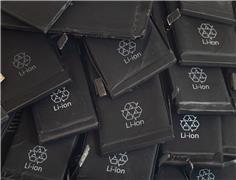
Trading of CME Group Inc.’s nearly three-year-old lithium hydroxide futures contract is soaring, with more funds ...
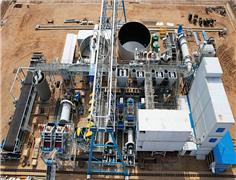
NextSource Materials has submitted an application to build a downstream battery anode facility (BAF) to process graphite ...
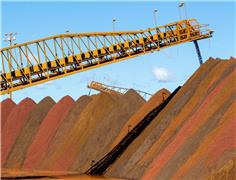
Iron ore futures tumbled in Singapore, extending a stretch of volatile trading amid deepening anxiety over Chinese ...
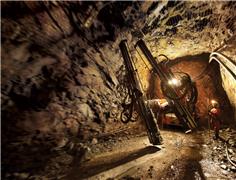
South African coal miner Exxaro Resources is considering potential deals to acquire copper and manganese assets as part ...
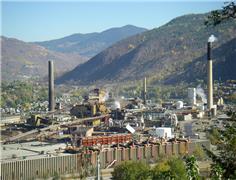
Copper and zinc miner Teck Resources is considering building a lithium-ion battery recycling facility in British ...
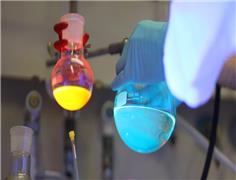
A researcher at the Leibniz Institute for Catalysis in Rostock has developed new methods for the synthesis of drug ...
No comments have been posted yet ...